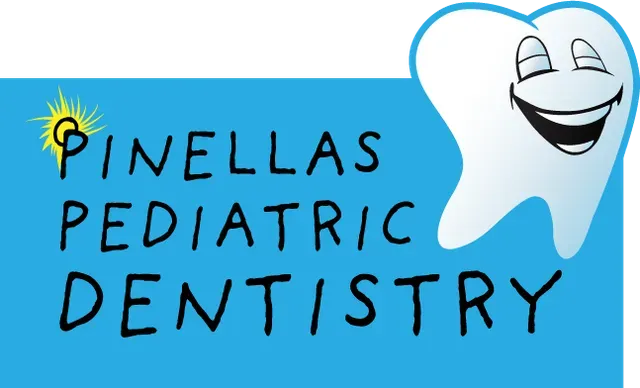A pedodontist is a dentist who has received advanced
specialty training in meeting the dental needs of children
from infancy to adolescence. During the course of their
postgraduate training, pedodontists, also referred to as
“pediatric dentists”, extensively study child development
and psychology, behavior management, caring for children
with special needs, methods of handling oral/facial
trauma, anesthesia and sedation methods, as well as
develop a comprehensive understanding of facial growth and
dental development. In addition to all of this,
pedodontists acquire hands-on clinical skills to
successfully treat the dental needs of every child at
every stage of development. Pedodontists truly enjoy
working with children and strive to make each of their
dental care experiences a positive one.
Even before your child is born, their first set of teeth
is already forming. In fact, before they are a year old,
their new teeth will start to appear in their mouth. This
is why maintaining their oral health becomes such an
important consideration at such an early point in their
lives. According to the American Dental Association
parents are advised to have their baby see the dentist
around the time of their first birthday.
Your baby’s first teeth will start to appear when they’re
about six to 12 months old. While this is an extraordinary
milestone, you need to be aware that your baby may find
the experience a little bit uncomfortable. Teething can
make them feel irritable. They may get fussy, have trouble
sleeping, not want to eat, and drool quite a bit.
While you are powerless to speed up the process of teething, there are a few things that you can do to soothe your baby as their new teeth are erupting into place. These include using teething rings, a cold spoon, or moist gauze to rub over their gums. Even for these few new teeth, it is important to establish an oral healthcare regimen for your baby. For information on when your baby’s first set of teeth will erupt into place, consult this timeline from the American Dental Association:
http://www.mouthhealthy.org/en/az-topics/e/eruption-charts
While you are powerless to speed up the process of teething, there are a few things that you can do to soothe your baby as their new teeth are erupting into place. These include using teething rings, a cold spoon, or moist gauze to rub over their gums. Even for these few new teeth, it is important to establish an oral healthcare regimen for your baby. For information on when your baby’s first set of teeth will erupt into place, consult this timeline from the American Dental Association:
http://www.mouthhealthy.org/en/az-topics/e/eruption-charts
Some children persist in sucking their thumbs or fingers
beyond their preschool years. For these children, the
activity continues to be a source of comfort, relaxation,
and security. It may even help them fall asleep at night.
However, it is important as parents to be aware that if
your child’s thumb or finger sucking habit is still
present when their permanent teeth come in, there is a
greater chance of developing a bad bite. This means that
if the activity has not ceased by the age of five or six
years, you need to constructively and gently help your
child stop the habit.
It is also a good idea to have a comprehensive evaluation at this time. Your pedodontist can assess if there are any habit-related alterations to the alignment of your child’s teeth or jaws, or if it is affecting their speech or swallowing patterns. They can also discuss habit control strategies with you, as well as follow your child’s bite and facial development as they grow. If interceptive appliances or corrective orthodontic care are determined to be required, the pedodontist will discuss these with you.
It is also a good idea to have a comprehensive evaluation at this time. Your pedodontist can assess if there are any habit-related alterations to the alignment of your child’s teeth or jaws, or if it is affecting their speech or swallowing patterns. They can also discuss habit control strategies with you, as well as follow your child’s bite and facial development as they grow. If interceptive appliances or corrective orthodontic care are determined to be required, the pedodontist will discuss these with you.
Location
- MON - FRI8:00 am - 5:00 pm
- SATBy appointments only
- SUNClosed
